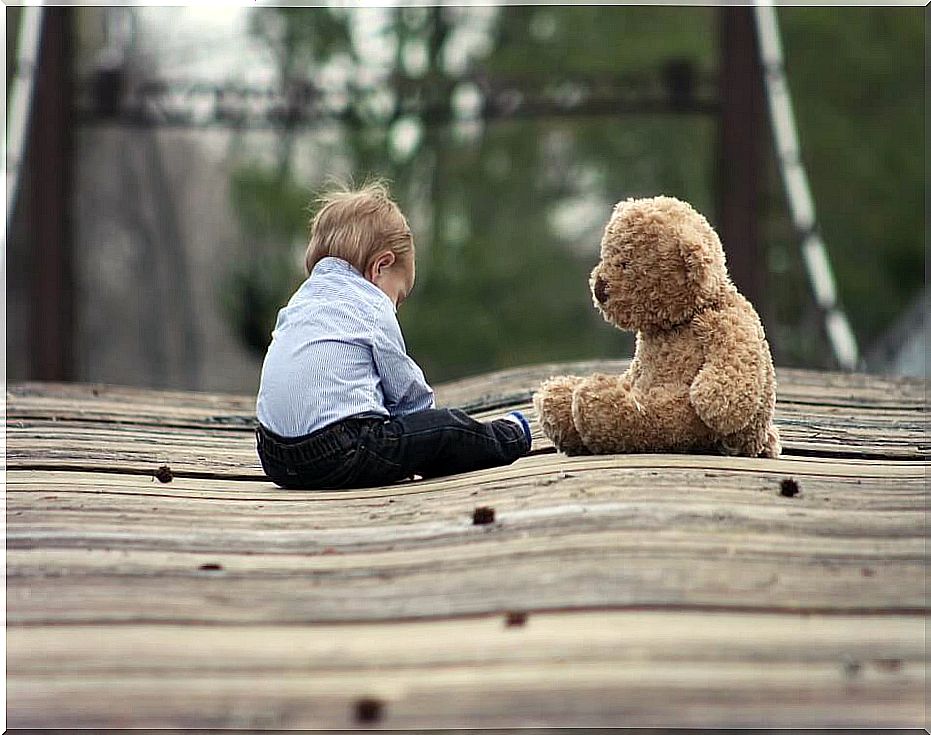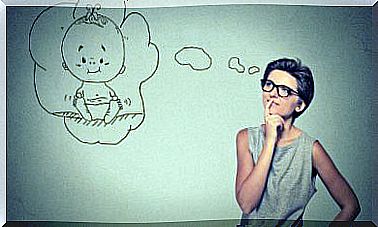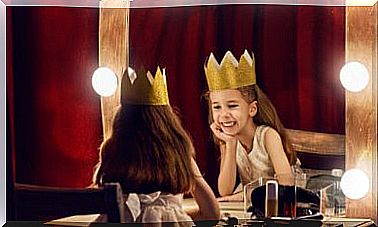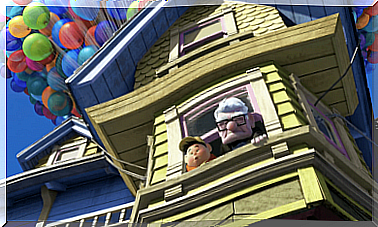What To Do If Your Child Has An Imaginary Friend

Although when you find out it will seem very strange, do not panic if your son or daughter has an imaginary friend. Many children as young as 2 or 3 have imaginary friends and heroes. You don’t have to worry if your child has an imaginary friend because it is totally normal.
At that age, children begin to develop a fantasy world parallel to the reality in which they live. In this world ghosts, elves, fairies or superheroes coexist with him that they have known from television or children’s books.
Children create a world far from the real one in which everything is possible and everything can happen. A world in which in the end everything is solved or fixed.
The imaginary friend can be a toy like a stuffed animal or a doll that has life for them and with which they talk, play or even get angry. It can also be the presence of another child their age or a little older that only they see. Even if you may see it strange at first, you have to know that having an imaginary friend can be good for children.
Benefits of having an imaginary friend
Children who have an imaginary friend project their fears and problems into their games and conversations with him. For example, a child who does not like to go to nursery school will tell his imagination about the problems that come to him every day. Children tell their imaginary friend the problems, doubts, and questions that concern them the most.
Although it may seem complicated for adults, children will try to solve their problems thanks to the advice and help of their imaginary friend. In their infantile logic, children look to their imaginary friend for a way to solve their problems.
In reality, they are finding, thanks to themselves, the solution to things that concern them. Children will feel stronger and more confident in what to do when faced with a problem thanks to the support of their imaginary friend.
The imaginary friend is usually a hero who helps him when he has problems and who manages to defeat the bad guys. It can also be the faithful friend who wants to keep you company and keeps you from feeling lonely. The latter type of imaginary friends is usually frequent in only children or who do not have siblings of their age and who usually feel lonely.
The reaction of parents and relatives
Surely your son or daughter’s conversations with their imaginary friend, although at first they will seem strange to you, later they will be funny. But it is important that parents and other family members do not intervene, let alone laugh at these conversations.
Children should be allowed to play with their imaginary friend quietly without intruding at any time. Parents also need to not scold them or tell them they don’t have to. The children will then think that they are doing something bad and they will stop doing it or they will do it secretly.
Parents should only exercise their role as observers and be vigilant to see if this imaginary relationship is affecting them in any way. If you interrupt, your child will surely stop doing it in front of you and hide to play with his imaginary friend.
It is important to see if the child’s behavior has changed since he has his imaginary friend. If we detect that our child has become withdrawn, distracted or aggressive, we should consult with the specialist. The child may have a problem that we are not aware of and only the specialist can help us.
It is also essential that parents and relatives never laugh at the child or tell him that he is lying. It is necessary to respect his game with his imaginary friend because if we do not do it the child will not feel understood. It’s also not a good idea to question him about conversations he has with imaginary friends.
Having an imaginary friend is very common for many children from the age of two or three. We have to let our children go through that stage and have fun. We also have to make sure they have real friends and that they don’t just play with their imaginary friend. Don’t forget that having an imaginary friend is totally normal.









